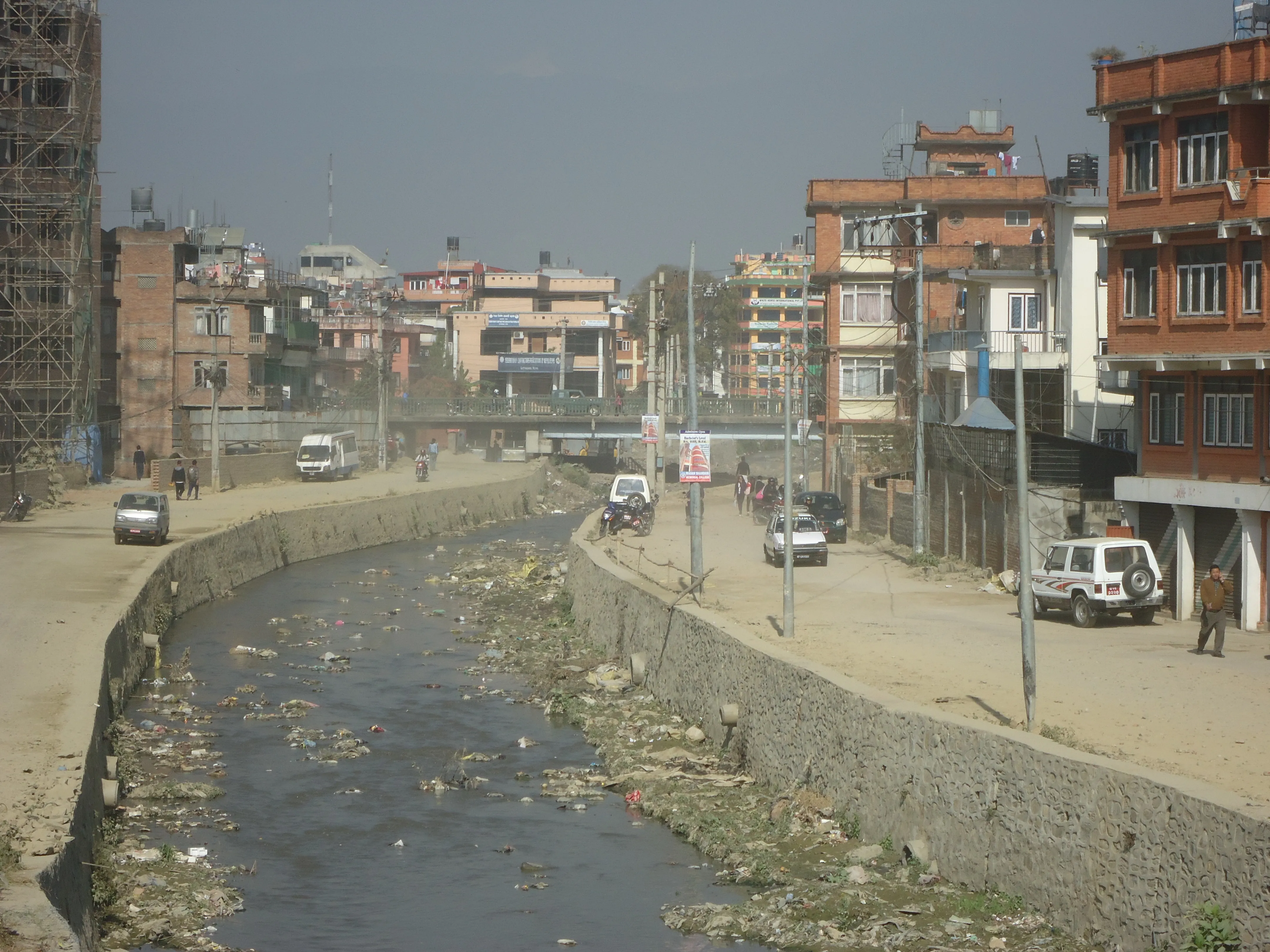The Nepalese Government is working on plans to build a series of highways that will improve north-south connectivity for this mountainous country.
March 22, 2012
Read time: 2 mins

The Nepalese Government is working on plans to build a series of highways that will improve north-south connectivity for this mountainous country.
A detailed project report (DPR) is underway and is due for completion in July, 2012. The new Karnali road will link Khulalu, Simikot and Hilsa and will be 286km long. The first phase of the Kaligandaki highway will link Gaindakot, Mirmi, Balubang and Phalebas in Parbat and will be 283km long, while its second phase will link Kusma, Phalebas, Setibeni and Mirmi and will be 98km long. The Koshi Corridor highway will pass through Basantapur in Terathum to Kimanthanka and will measure 195km long.
Preparation work was carried out during 2011 with work on the DPR also commencing. In all the planned roads will measure some 1,350km long and the Nepalese Government has already invested US$7.5 million in the DPR, although further funds will be required for the plans to be completed in detail. The various routes will present major engineering challenges however due to Nepal’s altitude and its complex geological conditions.
The scale of the work involved means that international funding sources are likely to be required to help Nepal develop the routes. The country's two large neighbours, China and India, have already provided funds for some of the infrastructure work carried out so far in Nepal and may well become involved in this programme also given the benefits to their own transport connections the plans could provide. The2332 World Bank and the 943 Asian Development Bank could also be likely future sources of funds, although no announcements regarding financing have yet been released.
A detailed project report (DPR) is underway and is due for completion in July, 2012. The new Karnali road will link Khulalu, Simikot and Hilsa and will be 286km long. The first phase of the Kaligandaki highway will link Gaindakot, Mirmi, Balubang and Phalebas in Parbat and will be 283km long, while its second phase will link Kusma, Phalebas, Setibeni and Mirmi and will be 98km long. The Koshi Corridor highway will pass through Basantapur in Terathum to Kimanthanka and will measure 195km long.
Preparation work was carried out during 2011 with work on the DPR also commencing. In all the planned roads will measure some 1,350km long and the Nepalese Government has already invested US$7.5 million in the DPR, although further funds will be required for the plans to be completed in detail. The various routes will present major engineering challenges however due to Nepal’s altitude and its complex geological conditions.
The scale of the work involved means that international funding sources are likely to be required to help Nepal develop the routes. The country's two large neighbours, China and India, have already provided funds for some of the infrastructure work carried out so far in Nepal and may well become involved in this programme also given the benefits to their own transport connections the plans could provide. The





